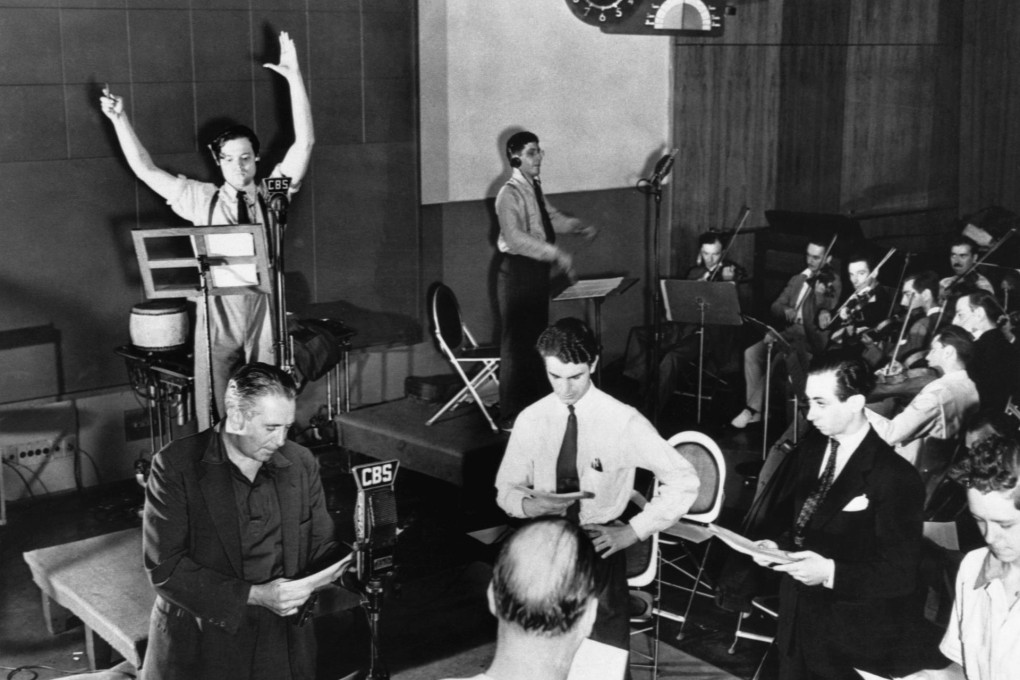Panic attack - 75th anniversary of Orson Welles' 'War of the Worlds' broadcast
It's 75 years since a radio drama terrified America and launched Orson Welles' career, writes Gary Jones

On October 31, 1938, The New York Times carried a front-page report describing panic that had spread across the city, the state and the country the previous evening. "Throughout New York families left their homes, some to flee to nearby parks," the article stated. "Thousands of persons called the police, newspapers and radio stations here and in other cities of the United States and Canada seeking advice on protective measures against the raids."
In Newark, in neighbouring New Jersey, the newspaper said, "more than 20 families rushed out of their houses with wet handkerchiefs and towels over their faces to flee from what they believed was to be a gas raid", while in St Louis, Missouri, "men and women clustered in the streets in residential areas to discuss what they should do in the face of the sudden war".
I believe that he set out to create a work of art that was engaging, fresh and edgy
What had caused such terror and pandemonium just three years before the Japanese attack on Pearl Harbour? An earlier sneak offensive from across the Pacific? Aggression by Germany's Nazis, who were steadily growing in military might and belligerence in Europe?
No, the alarm had been created by nothing more malevolent than a radio broadcast. The headline to The New York Times story read, "Radio Listeners in Panic, Taking War Drama as Fact".
The radio show, broadcast 75 years ago to the day last Wednesday as part of CBS Radio's Halloween programming schedule, was 23-year-old actor and future auteur Orson Welles' mischievous adaptation of H.G. Wells' 1898 novel The War of the Worlds.
